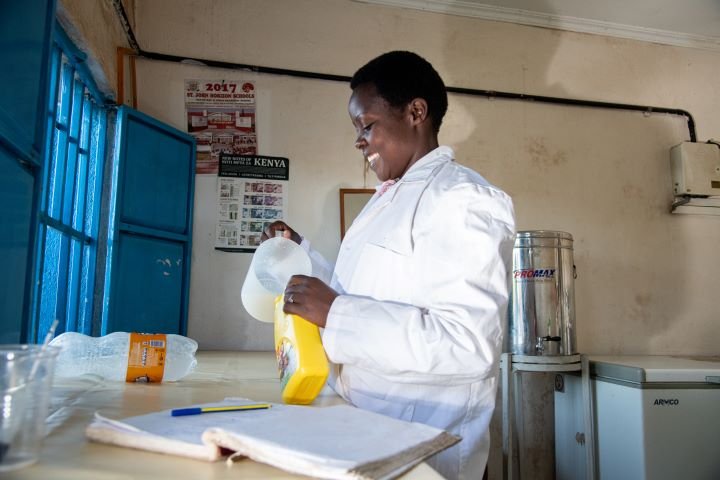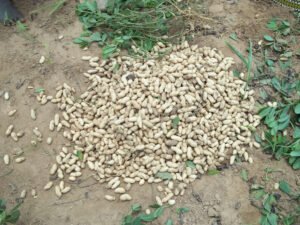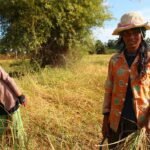By Nicholas Maina, 9 September 2020
Nearly 5,000 women smallholder dairy farmers in five counties will be supported to boost milk production and to improve access to better income, through a programme being fast tracked by a consortium of firms. The counties are Nakuru, Kericho, Uasin Gishu, Nyeri and Meru counties and will be working with Corteva Agriscience, Land O’Lakes Venture37, Bidco Land O’Lakes, Forage Genetics International (FGI) and the International Livestock Research Institute (ILRI Kenya).
Anne Alonzo, Senior Vice President of External Affairs at Corteva Agriscience noted that the new collaboration would have an immediate impact on Kenyan women’s lives, smallholder farmers, their families and their communities.
“Kenya has the highest per capita consumption of milk in Africa at 120 liters, compared with the African average of 50 liters,” said Joseph Anampiu, Commercial Unit Leader in East Africa, at Corteva Agriscience. “
Consumption is projected to nearly double to 220 liters by 2030, backed by a milk demand growth rate of seven percent per annum.
The consortium will spend approximately Ksh37.5 million shillings (US$ 350,000) in a two-year program aimed at strengthening dairy production through sustainable farming practices in order to ease the annual 2.2-billion-liter shortage of dairy products in the country.
The partnership, targeting existing and emerging women farmers, is designed to assist them in new methods of producing high nutrient-rich forage (corn silage and hay), forage harvesting and conservation, providing reliable feed for dairy cattle that will lead to improved milk production. The farmers will also be trained on mechanization aimed at reducing overall production costs.
While Corteva will provide education and agronomic training to the smallholder women farmers, Forage Genetics International (FGI) will offer expert knowledge in forage management. ILRI will offer locally-based, world capabilities and livestock management practices, and Land O’Lakes will offer advanced dairy technologies, while Bidco Land O’Lakes will offer expert advice on dairy animals feeding.
According to the International Fund for Agricultural Development (IFAD) at least 800,000 smallholder farmers in Kenya depend on dairy farming for their livelihood.
Despite the sector’s contribution of eight per cent of Gross Domestic Product with annual milk production of 3.43 billion litres, many farmers lag in technology adoption to increase their milk yield.
A majority of the small-scale dairy farmers in Kenya are constrained by low quantity and quality of feeds, lack of reliable statistical information on milk market outlets, poor rural infrastructure, lack of collateral for loans, low technical skills on husbandry practices, and reduced access to veterinary and artificial insemination (AI) services.







